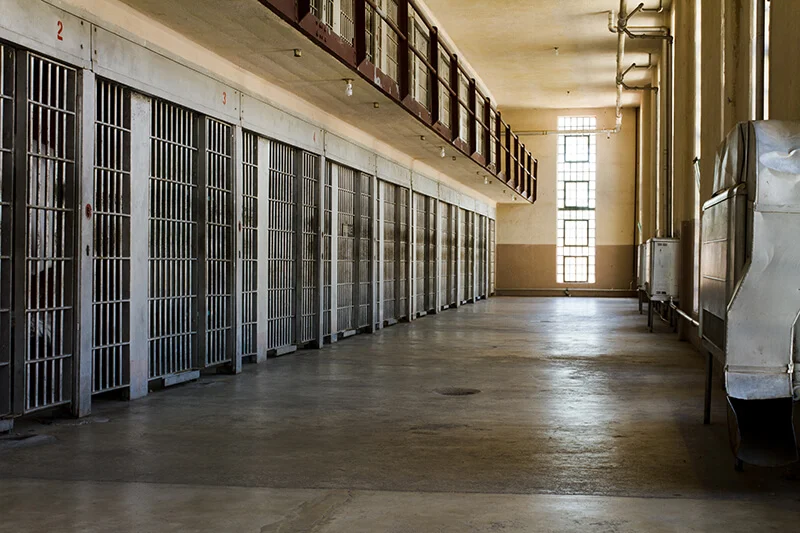
California Prisons Impose Restrictions Amid Rising Violence
In response to a surge in violence that has resulted in the deaths of seven inmates since January 1, California's prison system has imposed new restrictions. The measures aim to curb the escalating tensions and ensure the safety of both inmates and staff within the facilities.
The violence, which has been attributed to gang rivalries and overcrowding, has prompted prison officials to enact a series of stringent policies. These include increased surveillance, more rigorous searches, and limitations on inmate movement and activities. The goal is to prevent further incidents and to restore order within the prison environment.
The California Department of Corrections and Rehabilitation (CDCR) has stated that these measures are temporary but necessary to address the immediate threat to safety. Critics, however, argue that the restrictions may infringe on the rights of inmates and could potentially exacerbate tensions rather than alleviate them.
The situation has drawn attention from civil rights groups and lawmakers, who are calling for a comprehensive review of the prison system's policies and conditions. They advocate for long-term solutions that address the root causes of violence, such as overcrowding and inadequate rehabilitation programs.
The recent deaths have reignited the debate over prison reform in California, with many urging the state to invest in better facilities, more effective rehabilitation programs, and strategies to reduce recidivism. As the CDCR works to manage the immediate crisis, the broader conversation about the future of incarceration in the state continues to evolve.